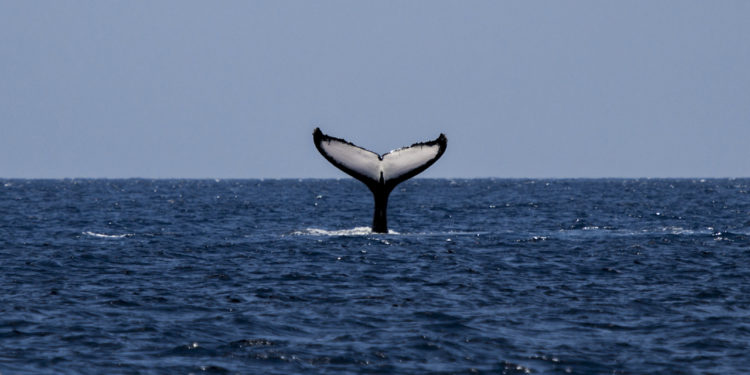Scientists from the independent research group TNO resolute that if there was a decrease in the speed of the boats, CO2 emissions would be reduced, as well as other pollutants such as sulfur oxide and black carbon.
The report indicates that ships could reduce the pollution generated by 10% if their design speed is limited to 75%, according to information provided by EFEverde.
The Belgian Ministry of the Environment was in charge of commissioning the study, which concludes that the measures would be “easy to apply and monitor” if a framework of equal conditions is created.
In this regard, the director of marine conservation of IFAW, Sharon Livermore, said that if results are put into practice immediately, there will be “many collateral benefits” for the ocean, the climate and the whales.
A help to the marine ecosystem
In addition to helping to reduce CO2 emissions, the study will benefit marine ecosystems in terms of healthy oceans being trafficked, since there will be less noise produced by vessels.
If measures are applied, noise pollution would considerably decrease, which would allow a better soundscape and therefore, the correct movement of the whales that depend on different sounds to move.
Read also: Russia will display its first electric plane in July
In the same vein, the plan would prevent hundreds of deaths of these mammals considering that they often collide with boats.
Finally, the spokesperson for the association aimed at the protection of marine wildlife, OceanCare, added: “A set of binding measures combined with incentives should support the shipping industry to transition to more environmentally friendly operations.”
Written by | Osward Rubio











